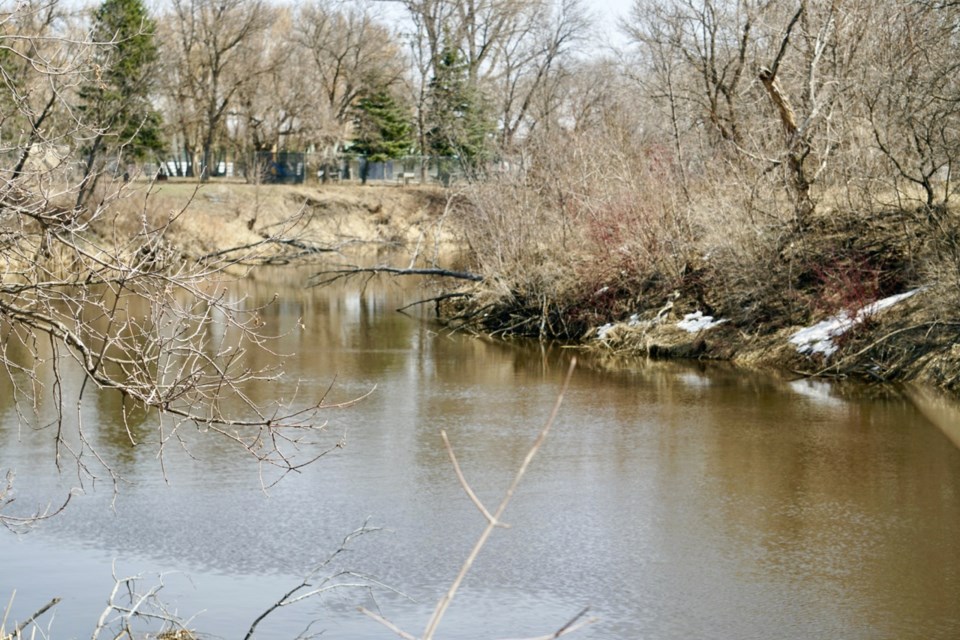REGINA - The Saskatchewan Water Security Agency (WSA) has provided an update to the province's spring runoff for 2022.
In the southern half of the province, spring runoff is either largely complete or well underway.
The melt and runoff is largely complete in southeast Saskatchewan, and the risk of localized flooding from the combination of two late winter storms, plus warming temperatures and additional rain, has also receded. Flows along the Souris River have peaked and are beginning to drop.
The WSA expects Grant Devine Lake will fill later in May at around the same time apportionment releases begin to meet international obligations.
Southwest Saskatchewan, the area most affected by last year's extreme dry conditions, saw higher than expected runoffs from the spring melt in 2022, with some additional late-winter storms that helped improve moisture and water supply conditions even though runoff in this area was below normal.
Water levels in Lake Diefenbaker have improved with the spring melt but remain below normal. The WSA is waiting to see how much of the alpine snowpack runoff arrives later this summer.
In the east-central area of the province, seasonal temperatures have resulted in a nearly complete melting of the snowpack. Some snow remains in the Porcupine Hills, the upper portions of the Assiniboine River Basin northwest of Preeceville, areas in the Swan River Basin near the Manitoba border and the Pewei River Basin.
Flows in some rivers in the area have peaked and were near or slightly above normal. Flows along the Swan River are still rising, and while WSA has not received any reports of flooding in this part of the province as yet, additional rainfall like we saw near Hudson Bay and Deschambault Lake over the past weekend could see higher water levels remain in place for longer that could lead to localized flooding.
Along the Qu'Appelle River system, the melt and runoff is largely complete and flows are receding over lower areas. The WSA has been making diversions into Last Mountain Lake to help bring it up to desirable summer operating levels. Crooked Lake is now at its desirable summer operating level and stoplogs will be installed to maintain it for the season.
In the north and into the Churchill Basin, the melt is in the early stages. Although no runoff related issues are expected at this time, WSA cautions that with the higher-than-normal snow accumulation in this part of the province, the potential for higher runoff remains. The amount of runoff will depend on a number of factors, including the speed of melt and the impact that additional snow or rain might have.
The WSA will continue to monitor conditions across the province and provide updates as they change.






